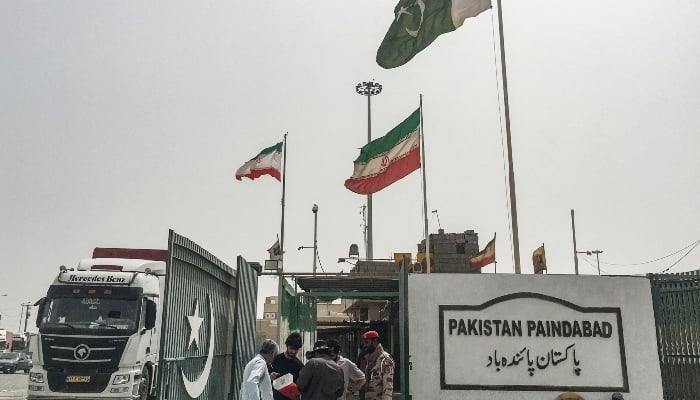
QUETTA: The ongoing conflict between Iran and Israel is now having tangible repercussions in Balochistan, where trade and daily life are being disrupted.
Border regions of Balochistan, historically known as key routes for Iranian petrol smuggling, have seen operations grind to a halt following the closure of Pakistan-Iran border crossings amid escalating tensions.
The scarcity of Iranian petrol has become widespread across the province, forcing hundreds of fuel outlets — mini petrol pumps in Quetta’s neighbourhoods — to shut down. The resulting fuel shortage has driven rickshaw drivers and other transport operators to sharply raise fares, straining daily commuters.
On the other hand, there is also a looming threat of an LPG gas shortage, which is expected to lead to price hikes.
Due to a severe shortage of Iranian goods in Quetta’s markets, their prices have doubled. Prior to the Iran-Israel war, Iranian food products were widely available in Quetta.
Markets and shops in various parts of the city commonly stocked Iranian cooking oil, ghee, biscuits, dried fruits, blankets, yoghurt, buttermilk, and other items. However, the closure of the Pakistan-Iran border has not only led to shortages of these goods, but also a marked increase in their prices.
Citizens say that in order to ensure availability of goods and control inflation, immediate, effective, and comprehensive steps must be taken by both the federal and provincial governments.
On Sunday, Pakistani Foreign Minister Ishaq Dar said 450 Pakistani pilgrims were evacuated from Iran, with more to follow, as well as from Iraq.
— With additional input from AFP







